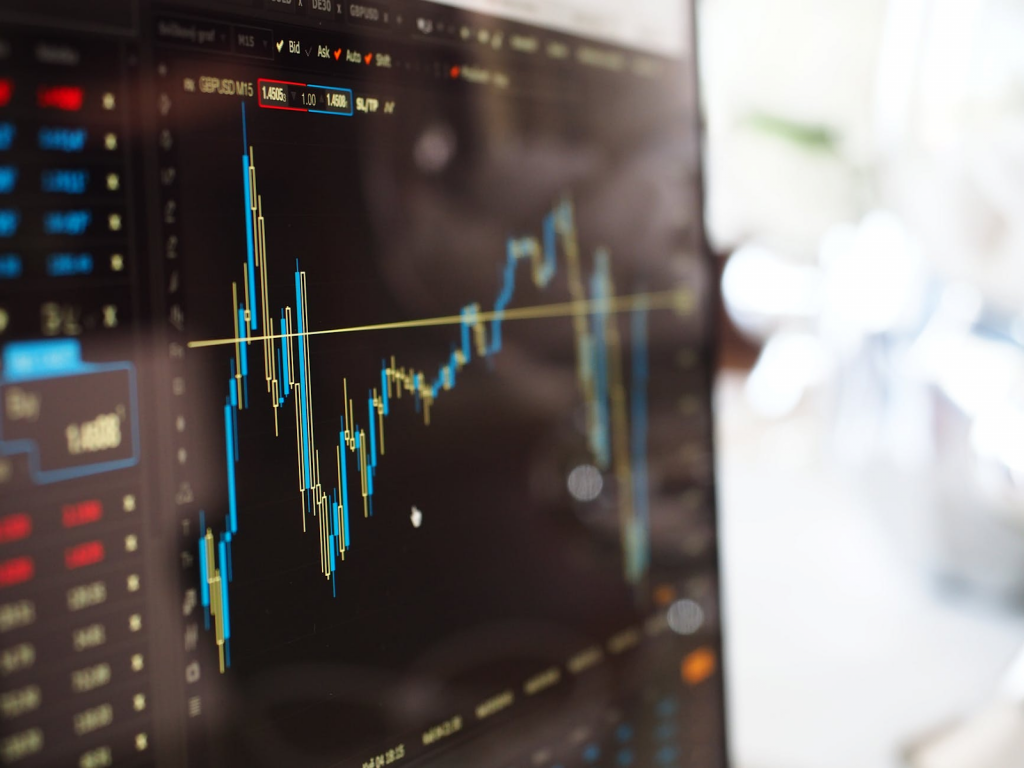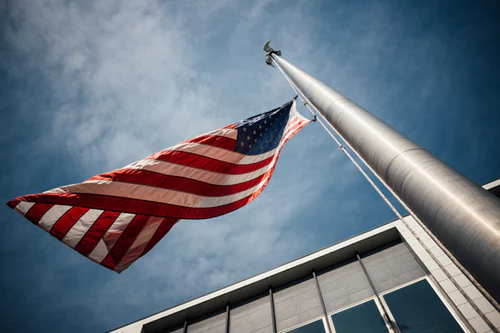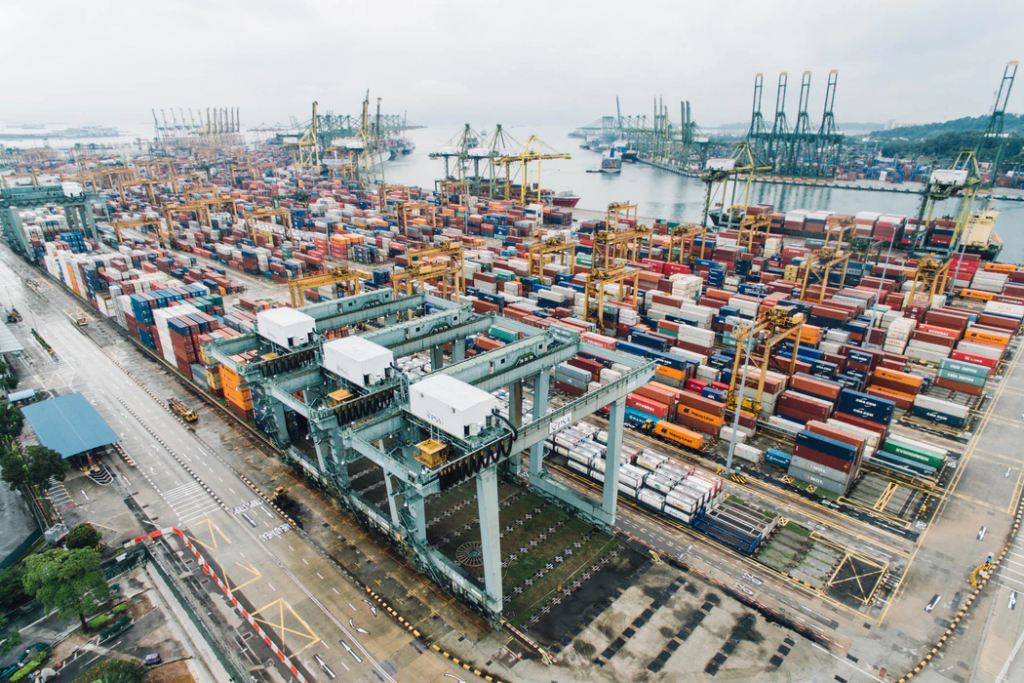Like it or not, the stock market and politics are forever intertwined. These days, anything from a change in policy to a tweet by US President Donald Trump can swing individual stocks, or even the entire market, one way or another.
This makes understanding the ever-changing political sphere an important aspect of investing in the 21st century. Here are several things to watch for in politics which are sure to affect stocks around the globe.

Brexit
The past year has been rife with political uncertainty in the United Kingdom. After a vote to leave the European Union, the British Parliament is having a difficult time coming to a deal with the EU in taking its leave. This has caused shockwaves not just in politics, but in the stock market as well.
Many stocks in the S&P 500, such as PPL Corp., Newmont Mining, PayPal, and Molson Coors, have significant exposure to the United Kingdom. These companies produce over 10% of their revenue (and in the case of Newmont Mining, as high as 75%) from the UK.
With Brexit negatively impacting the British Pound (until recently), these companies have come under significant pressure from the uncertainty surrounding Brexit. Goldman Sachs analysts noted in a letter to investors, “Brexit uncertainty remains a concern for stocks with the highest U.K. exposure.”
Some experts actually see such problems with Brexit as negatively impacting stocks in the EU as well. The European Union remains the largest trading partner for the UK, and without a deal, trade could be significantly slowed, or even halted. Speaking on the Brexit situation, Centricus Asset Management fund manager Ralph Jainz said, “If there was a no-deal scenario, European equities would probably suffer more than the U.K. indices.” Jainz highlighted the reason for this as a lack of a trade deal to continue trade between the two parties.
US Election
It feels like just yesterday that US President Donald Trump was sworn into office and began his series of tax incentives to boost business growth in his country. Now, we are less than two years away from another US election, an event which could alter the balance of power for Wall Street.
President Trump has been a fighter for big business, providing tax breaks to corporations in an attempt to spur economic growth. He cut the corporate tax rate in the US to 21% adding billions of dollars to the bottom line of big businesses around the country and jumpstarting the stock market.
Many of his Democratic counterparts set to run against him, however, are not as kind to business. Far-left candidates like Bernie Sanders and Elizabeth Warren are calling for corporations to pay their fair share in taxes. Sanders has repeatedly called-out corporate giants like Netflix and Amazon for not paying their fair share of taxes. “Amazon, Netflix and dozens of major corporations, as a result of Trump’s tax bill, pay nothing in federal taxes. I think that’s a disgrace,” Sanders, has said.

Warren herself is attempting to prosecute corporate executives who skirt the law. It has been well-documented that Amazon paid $0 in corporate income tax for 2018, a statistic that has left Democrats chomping at the bit to reform laws which allow corporations to evade taxes successfully. Through her Corporate Executive Accountability Act, Warren proposes to break-up large tech giants and make it easier for corporate executives to be sentenced to jail time if their company comes under legal trouble.
Another victory for President Trump in the 2020 election would spell relief for corporate America, and in turn, the stock market. While a potential victory by a Democrat, especially one like Sanders or Warren, should worry everyone on Wall Street. Yet, it might not all be bad, as markets have historically produced better returns when a Democrat holds the US Presidency as opposed to a Republican. Go figure.
War
An obvious candidate to shake up stocks is war. However, war doesn’t devastate the stock market. Instead, it can actually stabilize markets when war is underway, and there is relative certainty as to the outcome. Historically, stocks have outperformed their averages during times of war, from World War II to the Gulf War in the Middle East.
However, when war creates more instability, it can increase volatility for stocks. For instance, when North Korea launched several missiles into the Sea of Japan in 2017, the Dow Jones dropped 2.6% due to the uncertainty of what could result. While the threat of North Korea has calmed over the past year, if Kim Jong-un were to stir the pot again, it would likely lead to increased volatility once again.
Trade war
One of the most notable political shockwaves to affect stocks as of late has been the current trade war between the United States and China. Each time one side places trade restrictions, the other comes back even harsher. President Trump put tariffs on an estimated $50 billion in Chinese goods across more than 800 product categories. This caused President Xi Jinping and his Chinese regime to increase its own tariffs against the US to directly correlate with Trump’s. That included a 25% tariff on 659 US products. US companies like Qualcomm and Micron, along with many others who do significant business in China, have been hurt by this trade battle.
In today’s world, trade wars could be the biggest threat to the stock market. Jeff Kleintop, chief global investment strategist for Schwab, notes how these days so many companies rely on exports that a trade war would be a huge deal for stocks. “Imports and exports often cancel out as it relates to the economy. But with 50% of the profits of most of the companies in the big indexes being driven by international trade – and that wasn’t true 30 years ago but is today – it does have a really big impact on the stock market, even if the economic impact may not be as pronounced,” Kleintop noted.

A casualty of this war has been the Chinese internet-based company Baidu. Its stock price fell from over $250 to under $170 in just one year as the company’s president was adamant that President Trump’s anti-China sentiment is hurting the entire globe.
It’s not just in China, as EU tariffs imposed on imports has hurt US companies like Harley Davidson, which reported a 26.8% drop in profits as a result of lower profits and revenues. Trump has claimed he will reciprocate to such tariffs in his own way, which will only perpetuate trade battles between the two.
Diversifying to avoid political risks
As you can see, politics around the world can affect stock prices. This makes it even more important to not only diversify your portfolio across industries and sectors, but across the globe as well.
A stock portfolio which consists of only companies in a single country or locality will be at the mercy of politics in that location. Investing in only Chinese stocks will cause you will be concerned each time President Trump attacks the Chinese regime. While investing in only British companies will leave you at the mercy of the Brexit decision and its aftermath.
It’s also a good idea to always keep cash on the sidelines. This will mitigate risks associated with investing all at one time. If global politics change the market in a negative way, you will have capital waiting to invest as prices move lower. In this way, you can take advantages of political uncertainty as opposed to being harmed by them.